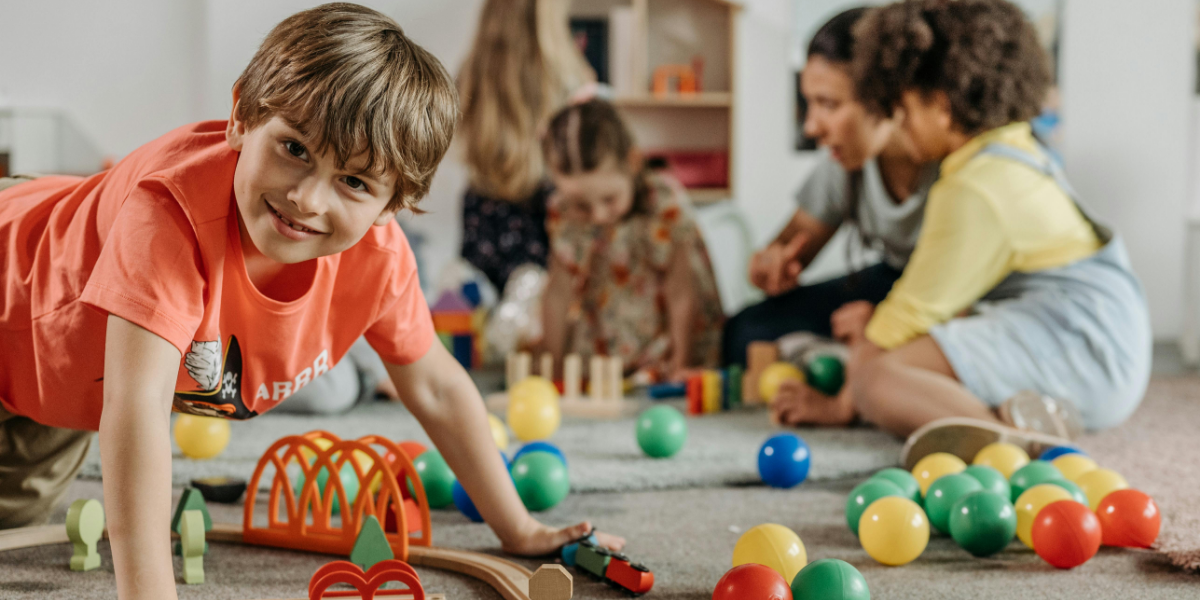

As parents, we often focus on school, homework, and good grades—which are important, of course. But what if we told you that some of the most powerful lessons in life happen outside the classroom? That’s right! Family fun activities aren’t just about entertainment; they’re essential building blocks for your child’s emotional, social, and cognitive development. In this blog, we’ll explore why making time for joy, connection, and play as a family isn’t just important—it’s transformative.
In short, families who play together, stay together! Shared playtime strengthens trust between children and parents, which helps establish a safe space for open communication. Plus, for kids, knowing that their parents are present and playful reinforces a sense of security and belonging. So, the next time you’re looking for enjoyable things to do with kids, know that this shared time—whether it’s a board game night or a spontaneous dance-off in the living room—means so much to them.
Play doesn’t just foster a healthy environment inside the house; it’s actually emotional training in disguise. Play helps kids navigate and learn how to manage a broad spectrum of emotions. Plus, it is a breeding ground for long-term practices such as empathy, cooperation, and communication. They learn how to take turns, handle disappointment, express joy, and solve conflicts. Over time, these micro-experiences help children build emotional intelligence and social confidence, skills they’ll carry into school, friendships, and adulthood.
“A healthy mind in a healthy body.”, right? This applies to kids as much as anybody else! Moving together as a family helps children develop coordination, strength, and motor skills while also releasing built-up energy (hello, better bedtime!). It also sets a positive example, teaching children that movement is part of a healthy lifestyle. Plus, let’s be honest—it’s good for us grown-ups, too.
We have explored how family playtime can positively affect the child’s physical and emotional health, but what about their cognitive functions? You’d be surprised how much your child is learning during play! Games that involve building, problem-solving, memory, or imagination stimulate brain development and creativity. On the other hand, role-play helps with language skills and emotional awareness. Even simple activities, like puzzles or hide-and-seek, can boost attention span, logic, and spatial awareness.
And, there you have it—all the benefits of family fun activities that can positively alter your kid’s behavior! So, how about making it a routine—say, for example, weekend fun with family? Regular playtime shows them that their presence, ideas, and joy matter. It creates positive reinforcement that says: “You are loved, you are important, and we enjoy spending time with you.” This kind of emotional validation can have a lasting impact on a child’s self-worth and overall mental well-being.
Now, if you want to build your weekend routine and are looking for lovely family day out ideas, Fun City might be the place to start. It is an indoor playground in Ibn Battuta Mall where your kids can laugh, learn, and let loose—all while you enjoy quality time together. All the age-appropriate rides, interactive games, and soft play zones encourage exploration and movement in a safe, exciting environment.
Remember, family fun isn’t just about having a good time—it’s the foundation for your child’s growth, happiness, and confidence. Make play a priority, and watch your family bond and your kids thrive like never before— and you can start in Fun City!
Share this article Share
Share this article Share
